If you’re lucky, you have a choice of different internet service providers in your area. Choosing the best internet service provider (ISP) is critical to ensuring your online activity is secure, private and fast.
How to choose the best Internet Service Provider
Nerds on Call can help you look for a service provider who provides the fastest speed possible at the most affordable price. And don’t trust the advertised speeds — look at the results of real-world speed tests to confirm it yourself. The speed quotes given by ISPs are “up to” a certain speed and therefore can be much slower than advertised.
To test your internet connection speed, we can use Speedtest.net. We’ll click the “Go to my location” link and then be taken to a page listing the ISPs that operate in your area. We can also look up a specific city. The ISPs are ranked based on the recent Speedtest.net download speed results of their subscribers, so we can see what ISPs are truly the fastest.

Essential terms for internet service connections
Understanding the different terms regarding internet service connections can help you choose the service that works best for your needs.
Here are some important ones to know:

Dial-up internet
Dial-up internet connections are older types of connections which are being replaced by high-speed 4G connections. Some locations don’t have access to high-speed internet and this is where dial-up is still useful.
DSL
DSL defined means “digital subscriber line”. This type of internet is transmitted through an already existing telephone connection. These connections are available in several speeds ranging up to 25 Mbps. Although some service providers offer speeds up to 100 Mbps. However, the major drawback of DSL is the connection slows as the distance to the service provider increases.
Cable internet
This type of internet service is delivered through the cable services available at your location. Cable internet providers offer service to the majority of the population, so you’re very likely to find a cable internet provider in your area. They provide high-speed internet ranging from 100 Mbps and above. This service is shared with your neighbors at the same time, which can make it slower during peak hours.
Cable companies do tend to get a bad rap for customer service. While many complaints are valid, it pays to understand how prices can increase after the initial promotional period expires. If you need help with cable internet connection troubleshooting, give us a call at 1-800-919-6376 and we can fix any problem you’re having.
Satellite internet
Satellite internet service can be slower compared to DSL or a cable internet connection. But in rural areas, satellite connections can be the best option. The internet service provider connects to a satellite to provide the internet.
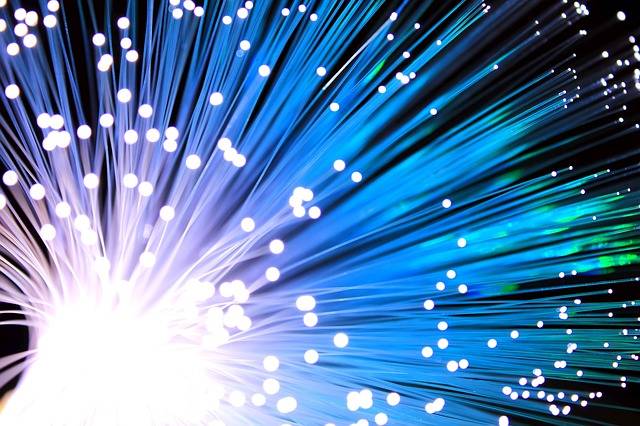
Fiber optic internet
Fiber optic internet offers fast speeds, up to 500 Mbps or more. Unfortunately, it is currently only available in select areas, although prices are often equal to what you would pay for a DSL connection.
The main benefits of fiber optic broadband include being able to transfer large amounts of data seamlessly and quickly. This is especially useful if you enjoy streaming services like Netflix or video chatting with family and friends in different parts of the world. Because fiber optics use light instead of electricity to transmit data, the frequencies used are much higher and the data capacity is much greater.
In the future, more of our world will be connected through fiber optics as we outgrow the old infrastructures. The biggest limitation hindering widespread fiber optic adoption is the cost of implementing new fiber optic lines when old infrastructures like DSL and cable are still serving the majority of customers.
But as the cost to maintain aging networks increases over time, service providers will have to install fiber-optic lines to meet the demand from customers. If you have a fiber provider in your area, we definitely recommend taking advantage of this technology.
How much internet speed do I need?
If you’re trying to figure out how much internet speed you need for your household, beware that not all speeds are created equal. For instance, many providers may have extraordinary download speeds but they’re upload speeds are abysmal.
Most providers choose to set their bandwidth in such a way that the majority of speed is available for those downloading rather than uploading. This can be a problem for customers who frequently use Cloud-sharing applications for data storage or those who play games online.
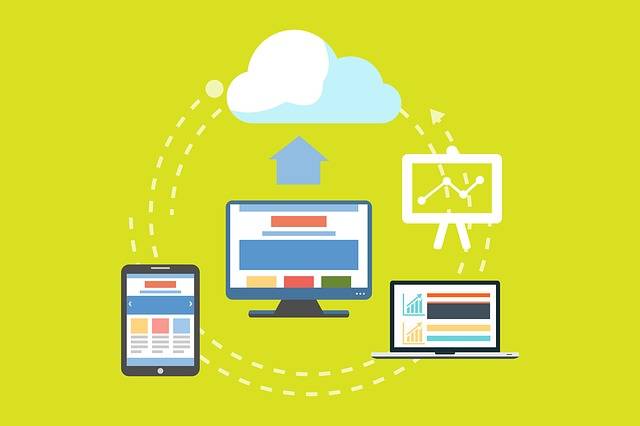
If you’re a gamer or you live your life in the Cloud, we can help you look for a provider that offers what is referred to as “symmetrical bandwidth,” where the download and upload speeds are evenly balanced.
Speed recommendations for common internet activities
These speed recommendations are for a single activity at a time and represent the lowest recommended speed. If you plan to do more than one thing at a time, like scrolling through social media while streaming video, you’ll want an internet connection with a download speed of at least 13 Mbps. You should also add about 5 Mbps of extra speed to your total to compensate for occasional slowdowns.
Here are some recommended speeds for the most common internet activities:
-
Online gaming
Download speed: 5 Mbps
Upload speed: 1 Mbps
Max ping rate: 150 ms
-
Streaming video
Download speed: 10 Mbps
Upload speed: 0.5 Mbps (500 Kbps)
-
Streaming music
Download speed: 1 Mbps
Upload speed: 0.25 Mbps (250 Kbps)
-
Video calls
Standard: .5 Mbps
HD: 1.5 Mbps
-
Downloading large files
Slow: 5 Mbps
Fast: 50 Mbps
-
Email browsing
.5 – 5 Mbps
What factors determine the internet speed I need?
Here are just a few factors Nerds on Call considers when providing recommendations about your ideal connection speed:
Number of users
We consider how many users in your home might be on the internet using different devices at one time. This is a primary factor in determining what internet speeds you’ll need at the point of peak usage.
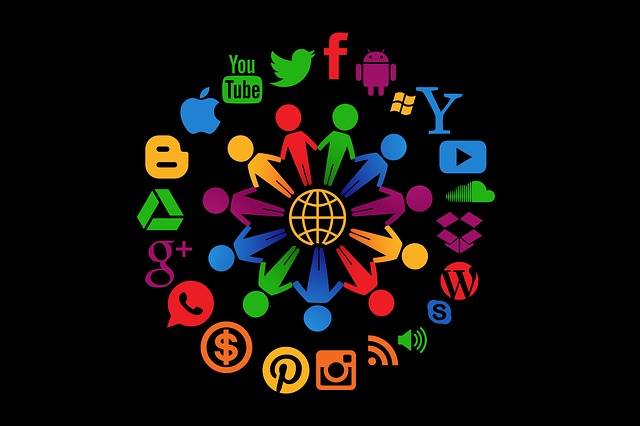
And we assess when you use the internet the most because that will determine the maximum speeds you need to ensure an enjoyable internet experience without lagging and latency issues.
Types of activities
Some activities eat up bandwidth more than others. Streaming video in HD is certainly one of them. When determining what speed you need, we take into account how you use your internet speeds and allow for additional bandwidth to accommodate the activities you enjoy the most.
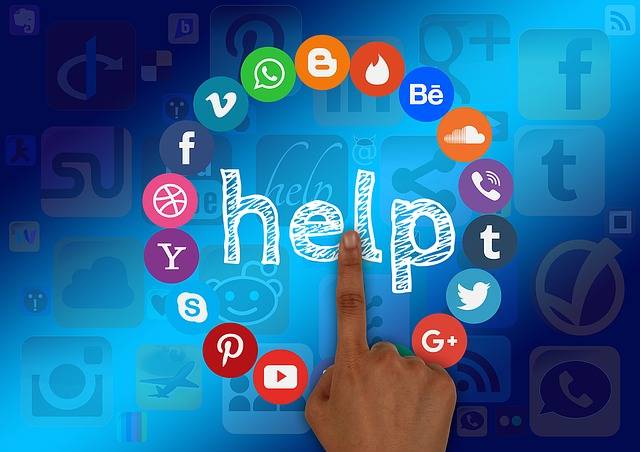
Patterns of use
A Deloitte digital survey reported that more than 90% of people multitask while watching TV or streaming video. So we help you determine the speed you need by considering if simultaneous use is an important factor in your household. We can identify what your pattern of usage is so you get the best provider and package for you.
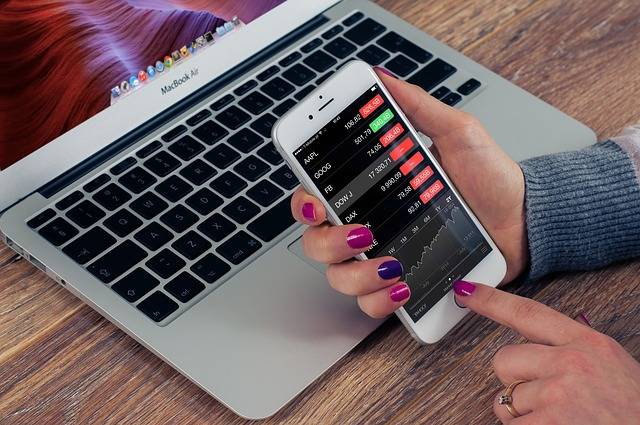
Devices
Today’s household uses a variety of devices that access the internet, including smart appliances. To help you choose an ISP, we’ll ask you to consider all the items in your home that might be tapping into your bandwidth. In addition to smart appliances, some examples to think about are TVs, DVRs, gaming consoles and streaming boxes.
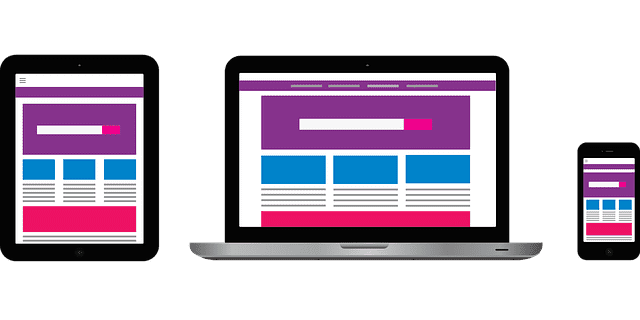
Need help choosing an internet service provider? Call a nerd!
If you’re trying to figure out what internet speed you need for your connected household, give us a call at 1-800-919-6376.
We can help you identify which speed is ideal to accommodate all the people, activities and devices being used simultaneously in your home.

Nerds on Call can also recommend providers in your area that offer both affordability and speed. So contact us today to ensure you select the perfect internet service provider for your needs.


